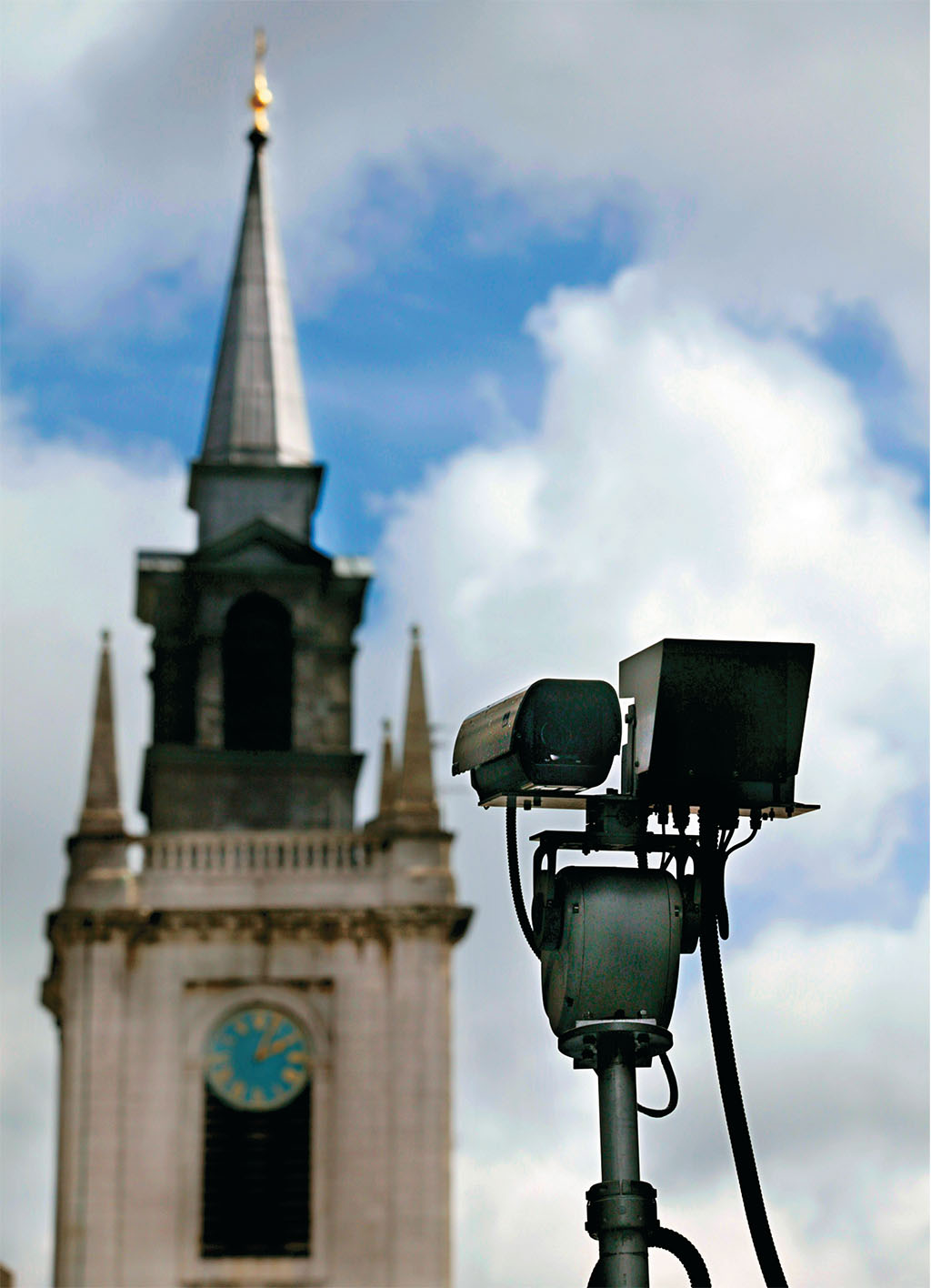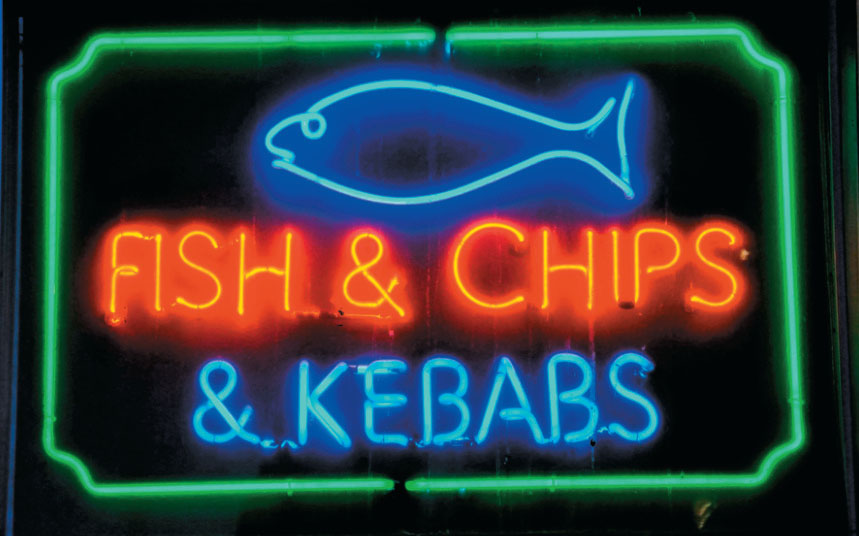
BACK WHEN I BEGAN traveling regularly to Britain in my salad days as a teacher and student, I could smoke my pipe on the plane and in the pub—and in restaurants and dining rooms, trains, the London Underground, even cinemas. Now, at the pub, it’s either the beer garden or a designated shelter in the back alley. My, how things have changed.
’Tis why the poets and troubadours sing of carpe diem—“Gather ye rosebuds while ye may” in Robert Herrick’s famous verse; we know that whatever tomorrow may bring, change is certain.
Back in those early ’80s, too, there were far fewer cars on British streets and highways, and far more people in church on Sunday morning. Both BBC and ITV closed down the three TV channels overnight. You could get a good B&B for £7-10. Those omnipresent CCTV cameras didn’t lurk everywhere. And a pint of beer at that pub ran about 50p a pint. This doesn’t begin to scratch the surface of how British society has changed over the last generation, of course.
The 2011 census data released this spring records for the first time that white English are a minority ethnic component in the London demographic. Only 43 percent of Londoners identified themselves as such for census-takers. Actually, that probably does not come as any surprise to most British Heritage readers. The transformation of London’s service industry has been easily observable—at hotels, restaurants, pubs and such that serve millions of visitors to London each year. Few folk there in the hospitality trade these days speak English as a first language.
London has always been a cosmopolitan city in the broadest sense, though. Folks everywhere else in Britain have long thought of the capital (proud as they are of it) as something “other” than England, Scotland and Wales, in large part from the international flavor that it has always had as a crossroads of the world. Still, to find that Commonwealth and EU open-door policies have resulted in quite such a dramatic shift over the past decade has raised the profile of British immigration in the public debate.
If London has long been a multi-ethnic society to some degree, however, the same hasn’t been true across the island at large. Though market towns and the smaller provincial cathedral cities had long been accustomed to newcomers from the Commonwealth countries, the inundation of people from Eastern Europe over the last few years was something for which they were not prepared. The rapid influx has strained social services and the labor market, and contributed to the economic plight that has caused the United Kingdom’s credit rating to be downgraded.
Great Britain’s second language today is Polish. More than half a million residents acknowledge it as their primary language. There are Polish markets and Polish newspapers. In fact, some 4 million residents of Britain speak a primary language other than English. Now, the country prepares for an expected wave of Romanian economic migrants; under EU mandates, from next January Romanian and Bulgarian citizens will have full rights to live and work in Britain.
This is one of those things that’s hard to wrestle with as an American Anglophile. On the one hand, as a heritage traveler who keenly feels our cultural and historic ties to Great Britain, I do hate to see the gradually disintegration of what, for lack of a better term, we might call “traditional English life.” You know, the world of Robin Hood and country squires, Jane Austen and Miss Marple and Land of Hope and Glory.
On the other hand, what a hypocrite I would be if I didn’t cheer the nation that welcomed to its shores and its towns those seeking a better life, or cheer the folks with courage and initiative to uproot from home, friends, family and their native land to make for themselves a better life in another country. After all, that is what brought my own Pilgrim and Puritan forbearers to New England, and in one fashion or another brought the forbearers of most British Heritage readers to this side of the pond. After all, we’re the folks who invented the melting pot.
[caption id="TheOnlyThingCertainIsChange_img2" align="aligncenter" width="1024"]

BARRY LEWIS/IN PICTURES/CORBIS

©GREG BALFOUR EVANS/ALAMY
The challenges of immigration and ethnic diversity are hardly the only forces for change in British society. Down in Dorset, residents of the market town of Sherborne are fighting the latest battle in the war against homogenization—and the decline of the High Street in the face of large corporate interests. The story line is familiar. Tesco has announced its intention to buy up a hotel property to the north of town and build a 30,000 square foot supermarket. The people of Sherborne really don’t want it. Some 8,500 of the towns’ 9,350 residents have a petition opposed to the notion.
Across the country, where the large supermarket chains have come in and built on the outskirts, the town center has generally gone into swift and precipitous decline. Empty storefronts along the High Street of market towns across the country bear silent witness. Of course, it doesn’t help those downtown shopping precincts when local councils routinely impose parking charges of up to a pound an hour (or more) at local pay & display car parks.
Meanwhile, up near Stoke-on-Trent, historic Trentham Hall, once one of England’s grandest country houses faces an uncertain future. The price tag to restore the former seat of the Duke of Sutherland, abandoned in 1905, would be £35 million, far more than the dilapidated Grade II-listed estate is worth. Another Down-ton Abbey bites the dust.
Alas, despite the idylls of the dream-weavers, we know really that there was no Golden Age of benevolent squires, cloudless skies, Cider with Rosie and The Darling Buds of May. It is all too easy to idealize a past that never existed. Nostalgia just isn’t what it used to be. Our home towns aren’t what we remember them to be either.
Oh, but there is good news. If change is a constant, it doesn’t show up everywhere at the same time. Stonehenge and Durham Cathedral, the glorious gardens of Stour-head and the Tower of London remind us of that. Then, of course, there’s Thomas Hardy’s Cottage and the Lake District that inspired Wordsworth, the north coast of Wales and the Derbyshire Peaks. No, you really can’t be a heritage traveler and see the glass of change as half empty. We’ll return to Britain again and again, and I’ll just have to take my pipe outside.





Comments